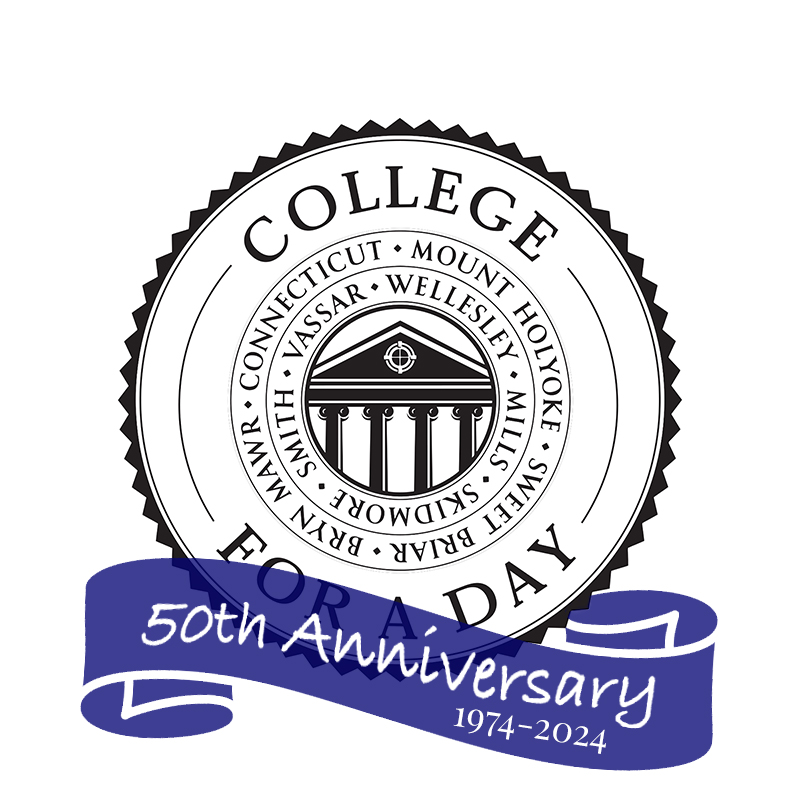2024 Schedule
College for a Day 2024
January 8, 2024
“The Algorithm Made Me Do It… Grubhub, Uber and More!”
Michael Dunn, Skidmore College
Assistant Professor Management and Business
Need an Uber during a dangerous ice storm? No problem. Need takeout during a raging hurricane? You’re covered. Ever wonder how from the convenience of your smartphone or computer Grubhub dispatches a stranger to deliver your food, or how Uber beckons a driver to your location, or how upwork.com presents a perfectly curated list of freelancers for your project? The answer is algorithms, and they represent the new frontier in the future of work. Come learn about the implications of algorithms to both work and workers—no math degree required!
Skidmore Assistant Professor Michael Dunn’s work is focused on the confluence of technology and labor market outcomes with a specific emphasis on precarious and nonstandard work arrangements. Professor Dunn holds a Ph.D. and a M.A. from the University of North Carolina at Chapel Hill; an M.B.A. from the University of California, Irvine, and a B.A. from the University of Washington, Seattle.
“Early Modern Science and the Renaissance Imagination.”
Suparna Roychoudhury, Mount Holyoke College
Associate Professor of English
We will explore the relation between art and science in the early modern period, with special attention to William Shakespeare. At a time when “art” and “science” were not meaningfully distinct terms, poets and knowledge-makers could borrow from one another, share modes of inquiry and representation. During this period, as Europe underwent what might be called a series of scientific revolutions, what we would today recognize as scientific work remained in tension with philosophy, pseudoscience, occultism, and artisanry. Shakespeare is among the many such artists who engaged fruitfully with the epistemological flux of the time, as we see in his complex depictions of human cognition. What can we in our own moment learn from the scientific Renaissance?
Mount Holyoke Associate Professor Suparna Roychoudhury specializes in English Renaissance literature, with an emphasis on Shakespeare. She is particularly interested in the relation between literature and the history of science. Professor Roychoudhury holds a Ph.D. and M.A. from Harvard University, a B.A. from Australian National University, and a B.E. and a B.A. from the University of Sydney.
“A Viral Illusion, Electroencephalography, and Our Scientific Future”
Josh de Leeuw, Vassar College
Associate Professor of Cognitive ScienceAn age-old question in philosophy is whether our perception of the world represents reality as it is or reality as we expect it to be. Modern cognitive science has investigated this question with clever experiments that explore how things like the language that we use may impact what we perceive. In this talk, Professor de Leeuw will share the results of an experiment that he conducted with Vassar students to explore this question using electroencephalography (EEG). These results not only tell us something about our perception of the world, but they reveal deep flaws in how our scientific institutions work. The talk will cover what these problems are, why they exist, and why he nevertheless still believes in the importance and value of scientific research.
Vassar Associate Professor of Cognitive Science, Josh de Leeuw’s research is focused on the development and application of Internet-based tools for the study of human cognition. He has created widely used open-source tools for conducting behavioral research remotely over the internet. Professor de Leeuw holds a Ph.D. from Indiana and a B.A. from Vassar College.
